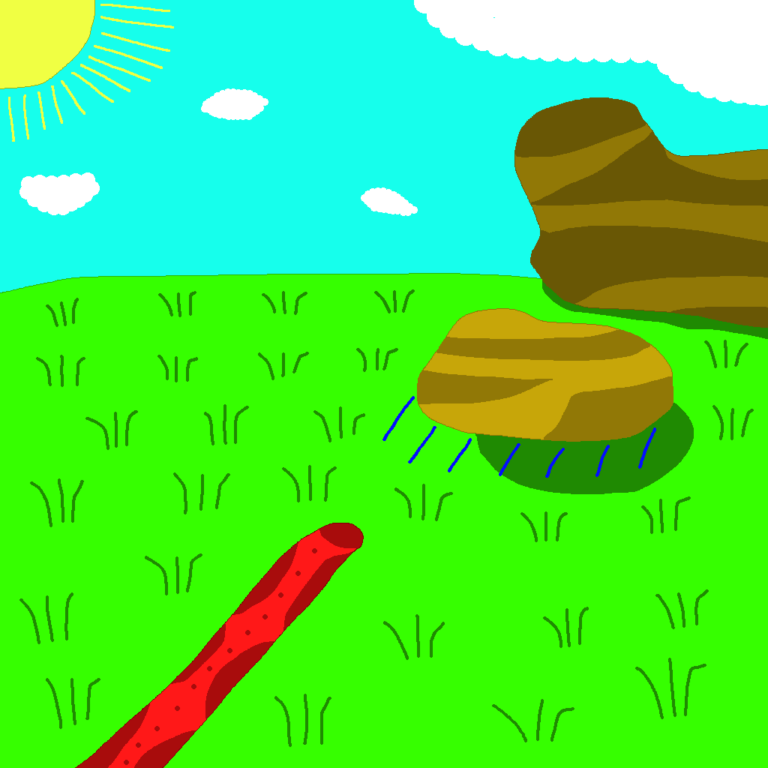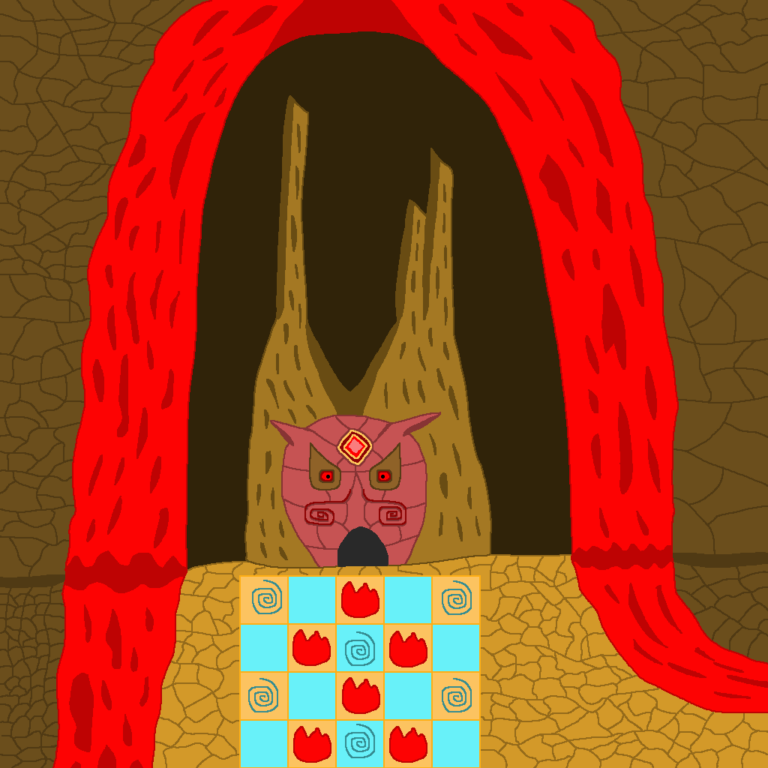Join US
Do you want to build the fantasy world you’ve always dreamed of?
Subscribe to receive notifications when a new post is out and for our monthly newsletter!
You can always unsubscribe anytime.


Magic is an integral part of the fantasy genre. While it appears in many worlds, it has its own set of rules that dictate what its users can do and cannot do. It then appears in the story, usually becoming one of its major themes. Thus, it is important to use magic in the story in a way that is true to the spirit of the world and the message the creator is trying to convey.
Magic takes many forms in the story, from a wizard summoning fire to another using his powers to instantly heal a scar. It becomes a prominent plot-line as both the characters and the audience bear witness to how it works in the world. If done correctly, it enhances the world and makes the audience curious to learn more about it. If it’s bungled, it risks damaging it beyond repair.
When exploring magic in the story, one question that often arises is who should wield it? Should it be freely made available to all the people of the world or should it be reserved for just a select few? This has profound ramifications, not just on the characters but the story itself. How it’s perceived across the world will dictate the actions the characters in the story make, for good or ill.
For the stories that have magic as a centerpiece, it moves it forward in several ways. One way is that it removes obstacles that are obstructing the characters’ progression. Imagine a group of people are trekking through a mine, only to come across a large rock that impedes their way forward. They then debate the best course of action to go forward until the wizard in the group says he’ll use his powers to gently push it aside so that they can continue on.
Incorporating magic in plot twists is a shrewd way to deeply integrate it in the story. One example is seeing a character suffer a devastating defeat at the hands of an evil wizard, becoming riddled with a magical curse that require removing immediately, lest it kills him. Finding the cure then becomes a paramount storyline as his friends work to retrieve it before it’s too late.
This is article number two of the looking at the different nuances of magic series. If you want to see our other articles, they’re all available on our blog page!
For a world that has magic, it is split into two camps. On one side, you have those who know how to wield it and on the other, you have those who know little to nothing about it. When they see it for themselves for the first time, they view it with either excitement or fear. This generates tension between the two sides and begets the question of who ought to have the power of magic?
One sub-theme magic in the story focuses on is whether those capable of wielding it exercises that power in a responsible way. Do they use it to help make the world a better place or do they abuse it to enrich themselves or cement their position above other people? How they use it affects how other people perceive them, making them wonder if they deserve that power or not.

In many of, if not all, magic-based worlds, not everyone has the ability to harness magic, causing an inherent tension between the two sides. There will be some wizards who want to teach as many people the power of magic and there will be some non-magic folk who will seek to destroy it out of fear it’ll be used against them.
The tension of magic in the story doesn’t just affect the two sides, it affects them internally as well. Different wizards will have different approaches regarding the other side; some will want to forge positive relationships whereas others view them as a group to be taken advantage of. On the other end, non-magic people will be split on whether to extend the hand of friendship to wizards in the hopes they can learn magic or try to destroy it outright out of fear it’ll be used to subjugate them.
There is a treasure trove of storytelling potential when exploring the idea of who ought to have the power of magic in the world. The characters’ views on magic drive the decisions they make during the course of the plot, some of which will help or hurt the other characters. It’ll have a ripple effect, leading to situations they never anticipated arising.
Magic doesn’t just ooze off the pages of the book, it permeates the world in many ways. It gives fantasy creators many opportunities to weave it seamlessly into the plot to showcase what people can do with this remarkable power. Many do so brilliantly, highlighting how useful it is at key points in the plot.
The story must always keep moving forward, even if it is just one small step. Magic is no exception here. It gives other non-magic characters and the audience a look into a world they don’t see all too often and the best way to do so is to use it in specific moments in the plot.

One superb opportunity to use magic in the story is when the characters encounter a problem they cannot solve by normal means. It could be a vicious beast that requires someone skilled with magic to defeat it, someone who refuses to move out of the way, or the inability to start a fire with no firewood around. They become stuck and the story cannot proceed until said obstacle is overcome, meaning that they’ll require the assistance of a wizard to help them. Here, the audience discovers how useful magic is in these situations.
Besides overcoming obstacles, magic is also used to explain how things work in the world. Some take center stage like duels whereas others are relegated to the background, serving only to enhance it. In terms of the story, the former is more important because it’s where the audience learns the most about magic and it’s most likely to have a meaningful impact on the plot itself.
Another way magic in the story moves it forward is when it’s used in a battle. Whether it’s between the protagonist and villain or two opposing armies facing off on a large battlefield, magic takes the form of both offensive and defensive powers. You see large fireballs screaming at the other side, the undead being summoned to attack foes, and so on. This highlights the deadly and destructive nature of magic as it’s used in an effort to prevail over the other side in a winner-takes-all fight.
Plot twists define a story and are what keeps people invested. People also enjoy seeing magic and marrying it with plot twists is a great way to make it a pivotal part of the overall story. The question then is, how do you do so in a way that feels natural to it and not merely shoehorned in for the sake of the plot?
One way is to have some sort of magic-related event serve as a plot twist. One example is the protagonist discovering the magical tome he’s been searching for, only to learn that using it has its own drawbacks. It could suck the life out of him or cause monsters to suddenly materialize out of nowhere. This is a useful way to highlight the two sides of magic which is something not a whole lot of people think about as well as making it instrumental to the plot.

Another way to weave magic in the story is to use it to make something happen, only for something else to occur instead. Suppose a character uses his powers to make it rain so that the plant he’s growing can get plenty of water but he inadvertently causes torrential rain, causing some flooding that potentially threatens his life, leaving him no choice but to seek higher ground and leave the plant trapped in the water. There’s plenty of ways to use this to create fantastic twists in the plot.
The third method is to highlight the dichotomy of magic and how it has both the potential to create and destroy at the same time, depending on the caster’s intentions. The audience and characters discover that the power of magic is not to be taken for granted and that using it for the wrong reasons can lead to events that the caster never anticipated. The perfect example of this is when Voldemort attempts to kill Harry Potter when he was a baby, only for the spell to rebound and destroy his body despite not knowing Harry’s mother’s sacrifice would enable him to survive the attack. In doing so, he created the one person who would ultimately defeat him years later for good.
The fourth and final way to use magic in the story as a plot twist is to use it in a way it wasn’t meant to be used for. Using it in a different way than it was intended for will lead to unpredictable events, mostly negative, taking place. This causes those involved to have to scurry to find a way to undo it or at least minimize its effects until they can find a more permanent solution.
Using magic in the story enhances the audience’s immersion in the world. They want to see how it works, what the people in the world can do with magic, and so on. Thus, it’s imperative that you present it in an organic way that engenders interest and not have it speckled about too much to the point where it alienates your audience.
Many stories in the genre explore the question of who ought to wield magic. This has a profound effect on everybody living there, for some will have it and some not. Whether they’re capable of wielding it will drive their outlook on life and how they interact with each other, especially those on the other side.
Much like a river, a story continually moves forward until it reaches its end. Magic can be used to help it go on and is especially useful in situations that cannot be resolved by normal means. It also serves to showcase how the world operates so that the audience understands why people make the choices they do, both good and bad.
Magic in the story really shines when used in a plot twist. It’s a great way to highlight how important it is not just to the plot but to the world as well. It also illustrates how using magic can lead to things occurring that the caster never saw coming.
The majority of worlds feature magic in some capacity which appear in the stories that take place within them. Should you decide to go down this route, weaving magic in the story masterfully only heightens your audience’s interest and makes them want to learn more about your world!
Let me know what you think in the comments below. (Note: this is an account-exclusive feature).
If you don’t have one, you can register here. It only takes a few moments of your time!
Liked this article and want to subscribe? All you have to do is fill out the form below and that’s it!
Thanks for reading this and until the next time,
Sunfire
Subscribing means you receive:
You can always unsubscribe anytime.
Do you want to build the fantasy world you’ve always dreamed of?
Subscribe to receive notifications when a new post is out and for our monthly newsletter!
You can always unsubscribe anytime.